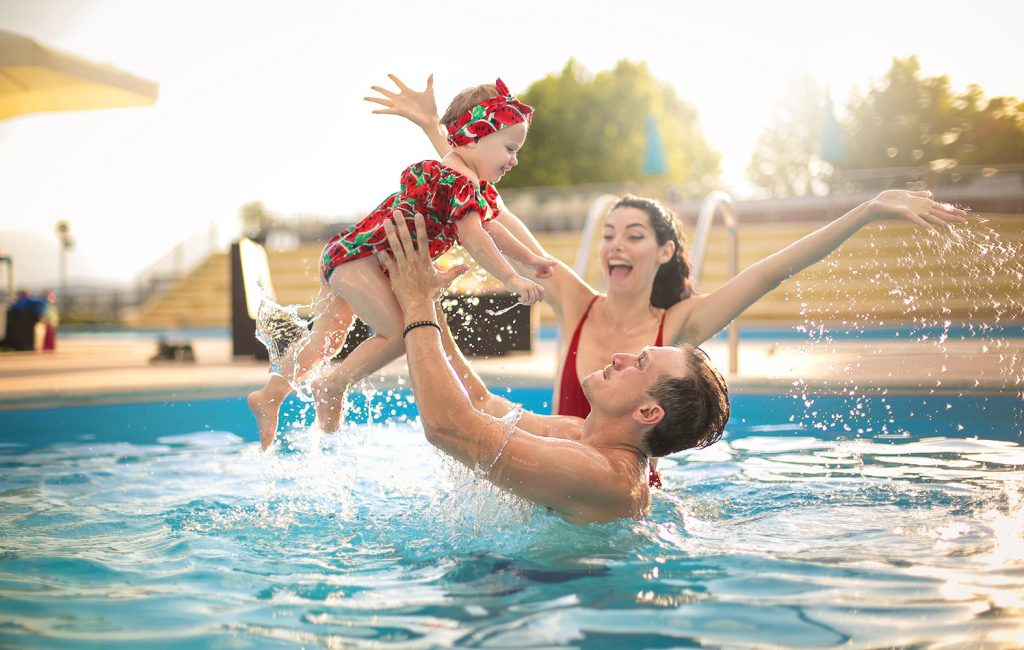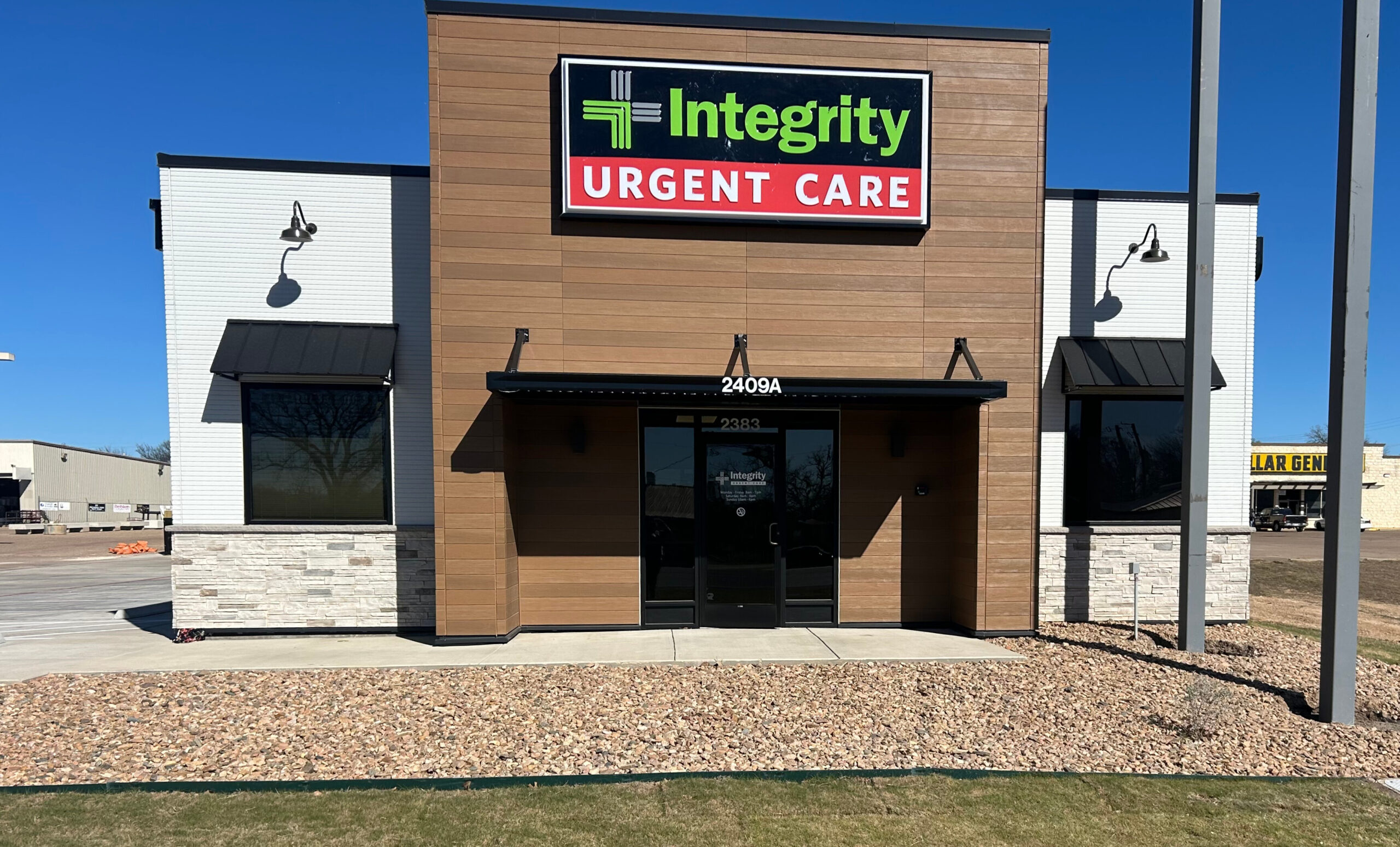A story relating to “dry drowning” has permeated social media in recent weeks, for good reason. The story seems to be out of a parent’s worst nightmare. A child who swam a few days earlier dies suddenly with water in his lungs and some physicians refer to the incident as “dry drowning”. Many of the stories and articles continually shared about the incident contain misinformation. Integrity Urgent Care is here to help you separate fact from fiction.
Medically, there is no such thing as dry drowning.
The official definition of drowning accepted by the Centers for Disease Control and Prevention (CDC), American Heart Association, European Resuscitation Council, American Red Cross, United States Lifesaving Association, International Surf Life Saving Federation and many more is as follows:
“The process of experiencing respiratory impairment due to submersion or immersion in a liquid.”
Drowning is a process. It doesn’t occur out of nowhere. The term “dry drowning” implies that a child with no injuries can suddenly drown while in their bed.
Is it possible that my child has water in his or her lungs after swimming?
It is unlikely but possible for a child who goes underwater to get water into his or her lungs. Most of the time, the child is able to cough and completely clear the airway. Occasionally, the remaining water can cause swelling of the lung tissue or irritate the vocal cords, causing them to spasm and close off. Either situation could cause inflammation and breathing problems in the next day or two. However, symptoms do not appear out of the blue.
When should I be concerned that my child might have water in his or her lungs?
- Your child had to be pulled out of the water. Even if he or she seems fine, evaluation in an emergency room is necessary. Reactions can be delayed.
- He or she is coughing for more than a minute after being in the water. Coughing indicates that the child is working to clear their airways. Water that remains behind can lead to inflammation over time. Watch them carefully over the next few days and take them to the emergency room if other symptoms develop.
- He or she is having difficulty breathing. Look for rapid breathing, sucking in of the ribs or the stomach, or difficulty talking. These are signs that your child should be evaluated further.
- Your child seems confused, lethargic, or has difficulty recognizing people. This can be due to a variety of potentially serious conditions such as infections, concussions, heat exhaustion, or drowning. You should have him or her evaluated further at an ER.
- Your child is vomiting after spending a day at the pool. This could be due to food poisoning, an infection from swallowing contaminated water, or drowning. It also could just be a coincidence. Either way, he or she should be evaluated at the ER.
Children who do have water in their lungs and the symptoms reported above usually survive. Over 95% (some reports cite 99.5%) of children with these mild to moderate symptoms make a full recovery.
Drowning Prevention
Drowning is a serious and neglected public health issue, claiming the lives of 372,000 people a year worldwide. In fact, drowning is the leading cause of death in children ages 1 to 14. Toddlers and children under the age of six are especially at risk. Help minimize your child’s risk by:
- Enrolling your child in swim lessons. Participation in formal swim lessons can reduce the risk of drowning by 88%.
- Keeping your eyes on your children and not on your phone. Social media, texts, and emails can wait.
- When with a group of adults, designate one adult to be the “water watcher”. This person should remain completely focused on the children swimming. Take turns. Most drownings occur in the presence of several adults because everyone assumes someone else is watching the children playing.
- Making sure doors leading to pools and hot tubs are closed and locked.
Although urgent care centers can be more cost effective, you should seek out an emergency room if you have drowning concerns. We wish you and your family a safe and happy summer full of memories that will last a lifetime!
Sources: http://pediatricpartners.blogspot.com/2017/06/dry-drowning-what-parents-need-to-know.html?m=0, http://www.drowninglit.com/2017/06/on-dry-drowning.html?spref=fb, http://www.houstonswimclub.com/news/64/42/Be-Safe-this-Summer, http://www.helpandhope.org/Water_Safety/Child_Drownings/, Sources: http://pediatricpartners.blogspot.com/2017/06/dry-drowning-what-parents-need-to-know.html?m=0, http://www.drowninglit.com/2017/06/on-dry-drowning.html?spref=fb, http://www.houstonswimclub.com/news/64/42/Be-Safe-this-Summer, http://www.helpandhope.org/Water_Safety/Child_Drownings/



